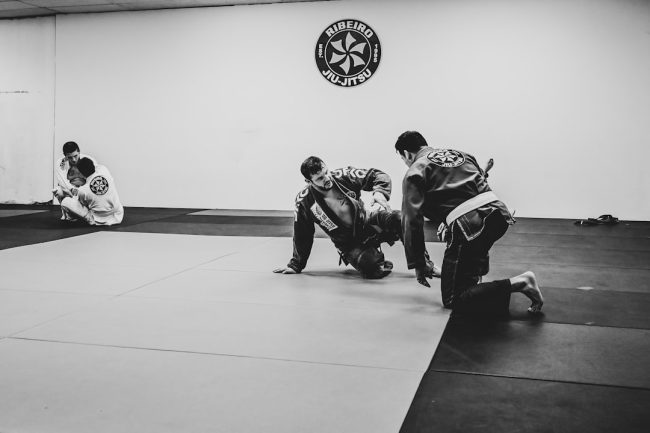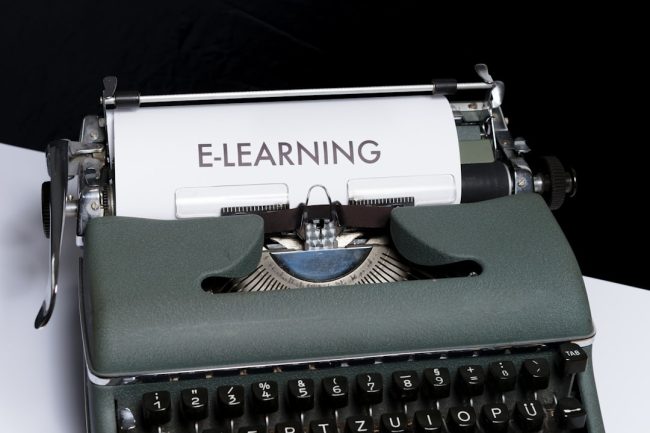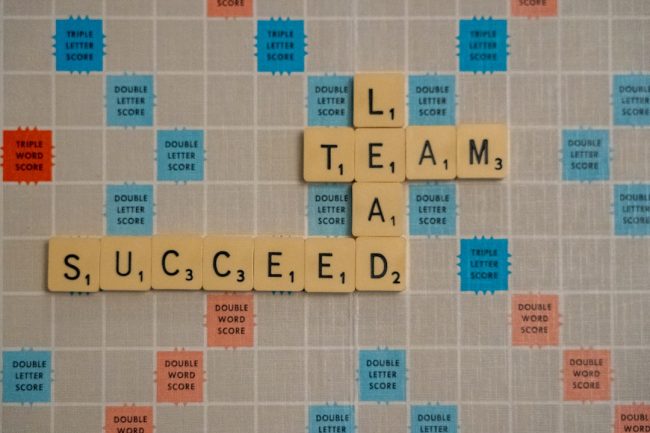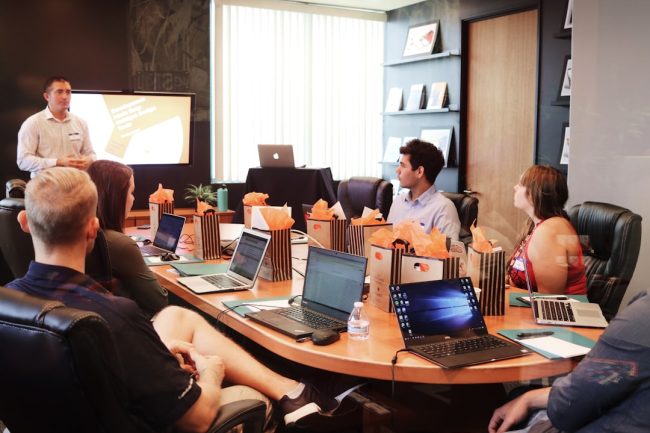Serious Games: A New Frontier in the Development of Decision-Making Skills Serious games have become increasingly popular in a variety of fields, including corporate training and education, in recent years. These games are made to accomplish particular learning objectives & improve skills in addition to being entertaining. We discover that serious games are effective means of engrossing players in immersive experiences that foster critical thinking, problem-solving, and decision-making. Serious games create a safe and controlled environment where players can explore complex scenarios and learn from their choices by fusing aspects of gaming with educational goals.
The development of serious games has been further accelerated by the advancement of technology, making them more approachable & captivating than ever. These games are able to replicate real-world scenarios that call for quick thinking & strategic planning thanks to developments in virtual reality (VR), augmented reality (AR), and artificial intelligence (AI). As we examine how crucial it is to have the ability to make decisions in dangerous circumstances, it is clear that serious games can be extremely helpful in preparing people to deal with difficulties successfully. By placing players in authentic situations, we can help them better comprehend the repercussions of their choices & improve their capacity to make wise decisions under duress.
Making decisions is an essential life skill that is heightened in high-stakes situations. The ability to make wise decisions can make the difference between success and failure in a variety of fields, including business management, healthcare, & military operations. Developing our decision-making abilities becomes essential in high-stakes scenarios where bad decisions can have disastrous results. Effective decision-making requires not only analytical reasoning but also risk assessment, emotional intelligence, & flexibility in the face of rapidly shifting conditions.
Also, because of the complexity of today’s problems, we frequently have to take into account several factors & possible outcomes at once. We might have time constraints in high-pressure situations, which makes decision-making even more difficult. Thus, having strong decision-making abilities is crucial for managing uncertainty and reducing risks. By being aware of the psychological aspects that affect our decisions, we can better equip ourselves to handle challenging circumstances.
This is where serious games enter the picture, providing a special setting for honing these vital abilities. Serious games offer an interactive educational experience that motivates us to actively tackle challenging issues. We can test out various tactics and see the results of our choices in real time while playing the game. By using an experiential learning approach, we can discover areas for improvement and acquire insights into how we make decisions.
Serious games force us to think critically and make decisions that align with our priorities and values by simulating high-stakes situations. Also, feedback mechanisms are frequently included in serious games to help us comprehend the effects of our actions. We get instant feedback on our choices as we work through different obstacles, which enables us to examine our reasoning and modify our tactics as necessary. We gain a deeper comprehension of the variables influencing our decisions and the skills necessary to make wiser decisions in practical settings thanks to this iterative learning cycle.
Last but not least, serious games give us a secure environment in which to practice making decisions without worrying about the consequences in the real world. Many serious games have become popular resources for teaching people how to make decisions in dangerous circumstances. One well-known example is the puzzle game “Foldit,” which asks players to arrange proteins into the best possible configurations. Although it might appear to be a straightforward game at first, players must make strategic choices based on intricate variables and scant information.
Playing the game teaches us to weigh the benefits & risks of working with others to accomplish shared objectives. “SPENT,” an online game that mimics what it’s like to live on a low income, is another powerful example. Along with navigating unforeseen obstacles like auto repairs or medical emergencies, players must make tough decisions regarding their healthcare, work, & budget. This game places players in the shoes of people who are struggling financially, emphasizing the value of making decisions under pressure and fostering empathy. These encounters give us important insights into the difficulties of making decisions in the real world.
Serious games have a significant & varied effect on decision-making abilities. According to research, people who play serious games frequently exhibit better critical thinking & problem-solving abilities. By immersing ourselves in realistic situations, we become more conscious of the variables affecting our choices and acquire the ability to approach problems more analytically.
Also, as we cooperate with others to handle challenging situations, serious games can help us develop our communication and teamwork skills. Also, the emotional connection that serious games offer may result in more significant educational opportunities. We are more inclined to think carefully about the consequences of our choices & reflect on them when we are emotionally invested in a game. This emotional bond can help us remember things better and use what we’ve learned in practical situations. It becomes evident that serious games present a special chance for individual development as we investigate their effects on decision-making abilities.
Matching Learning Outcomes to Objectives. Above all, the serious game’s goals must be in line with the particular learning outcomes that the organization wants to achieve. By outlining objectives and expectations precisely, we can make sure that players have a meaningful experience and gain insightful knowledge from their interactions.
Debriefing: Improving Learning Outcomes. Debriefing sessions following gameplay can also greatly improve learning outcomes. Participants can talk about their decision-making processes, exchange ideas, and reflect on their choices during these sessions. Through collaboration, participants are encouraged to learn from one another’s experiences & develop a deeper understanding of the complexities involved in decision-making. Lessons learned are reinforced with continued assistance.
Also, continuing assistance and materials can support the reinforcement of the lessons gained from serious games and promote ongoing development of decision-making abilities. Serious games have many advantages for improving decision-making abilities, but they also have drawbacks and restrictions. The possibility that complex situations will be oversimplified is a major worry. Serious games sometimes fall short of capturing the subtleties of real-world decision-making, which causes players to have inflated expectations of their own skills.
Designers must find a way to balance accurately depicting the intricacies of real-life scenarios with producing captivating gameplay experiences. Ensuring accessibility for every participant presents another difficulty. There may be obstacles to participation because not everyone feels confident or at ease using technology-based training techniques. Diverse learning preferences and styles must be taken into account by organizations when incorporating serious games into their training initiatives.
All people can be given the chance to effectively improve their decision-making abilities by offering alternate choices or additional resources. A number of trends that could increase the efficacy of serious games in fostering decision-making abilities are starting to emerge. One noteworthy development is the growing application of artificial intelligence (AI) to develop learning experiences that are adaptive to the needs of different players. Serious games can evaluate player behavior and modify challenges based on AI algorithms, offering tailored feedback that improves skill development. Also, the incorporation of virtual reality (VR) technology is poised to transform the way in which we interact with serious games. Through virtual reality (VR), we can completely submerge ourselves in simulated settings and practice making decisions in realistic situations.
As we negotiate intricate scenarios that closely mirror real-world difficulties, this degree of immersion may result in more memorable learning opportunities. To sum up, serious games are an effective way to practice making decisions in high-stakes scenarios. Through immersive experiences that promote introspection and critical thinking, these games give us the skills we need to successfully negotiate uncertainty. In an increasingly complex world, we can open up new avenues for professional & personal development as we keep looking for creative ways to incorporate serious games into training programs.













